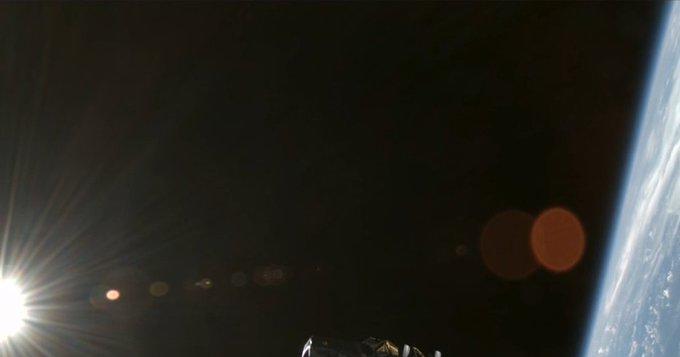On late Saturday morning, a SpaceX Falcon 9 rocket carrying the European Space Agency’s Euclid spacecraft was successfully launched from Cape Canaveral, Florida. Euclid, equipped with a 600-megapixel camera, a near-infrared spectrometer, and a photometer, aims to study the universe’s dark matter and dark energy. Its data, combined with ground observatories, will help estimate distances between galaxies and test if Albert Einstein’s theory of general relativity works on a cosmic scale. Carole Mundell, the ESA’s director of science, stated that Euclid will provide the most detailed map of the extra-galactic sky. Euclid will travel to the solar system’s second Lagrange point, where it will take about four months to test its instruments before transmitting data back to Earth.
Meta Data: {“keywords”:”Euclid spacecraft, dark matter, dark energy”}
Source link
